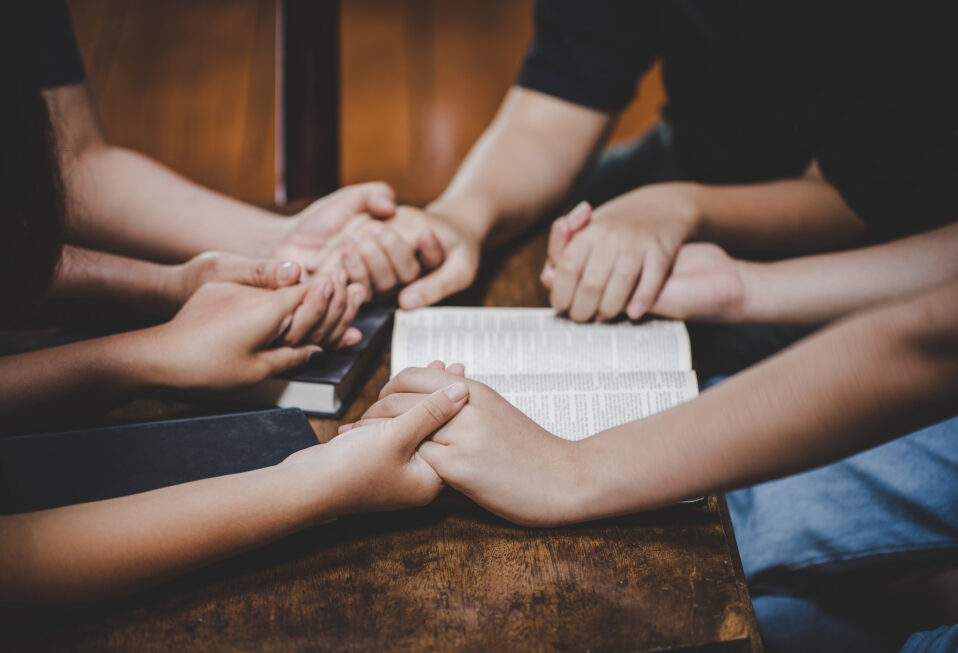I will instruct you and teach you in the way which you should go; I will advise you with My eye upon you. Do not be like the horse or like the mule, which have no understanding, whose trappings include bit and bridle to hold them in check, otherwise they will not come near to you (Psalm 32:8-9 NKJV).
The psalmist provided a journey from the silent isolation of a sinner, through his confession, to God’s forgiveness—and his restoration to a covenant relationship with God within the community of the faithful.
This leads the psalmist to herald (to the community of the faithful) God’s covenant relationship to them: He is their refuge, protector, and deliverer. Having gone through this journey, the psalmist turns into a wise sage who seeks to instruct us, his readers, as to our covenantal relationship with God.
Sin severs our relational connections with God and others. Forgiveness restores those relationships, but it does this so we can reenter the covenant relationships between God and us, and between ourselves and others.
After articulating God’s covenant responsibilities to those He has forgiven, the psalmist reminds us of our responsibilities: to receive God’s instruction, to be led not like a horse or mule that requires a bit and bridle. Our part of God’s covenant with us requires our submitted obedience to Him and His instruction.
We typically translate the word “Torah” as “law.” But the root of the word “Torah” means “to shoot an arrow in a straight direction.” In other words, the Torah is God’s direction for Israel—not a burden to be carried. We would more accurately capture the meaning of “Torah” if we translated it as “instruction.”
Do we let God instruct us? Do we seek the wisdom and instruction among the local and broader community of believers?
Western culture idolizes freedom and individualism. Both concepts clash with the outlook of the Bible. God does not forgive to make us free; He forgives so that we might serve Him and submit to Him.
Our desire to express and protect our individualism is foreign to the world of the Bible, for the covenant of God’s instruction manifests itself within the community of the faithful.
The journey to forgiveness is not only our own. It restores us to the community to jointly participate in the covenant relationship with God and the faithful. It also empowers us to instruct others, so they will not go astray.
We too often view our journeys from sin to forgiveness in very selfish and self-centered ways. The Bible looks at sin, forgiveness, and restoration through the eyes of the community of faith.
Today, may we allow God to broaden our view so that we better understand our responsibilities to both Him and others.
PRAYER
Father, may our journeys back into covenant relationship with You lead us to instruct others for Your name’s sake. Amen.




Post a comment